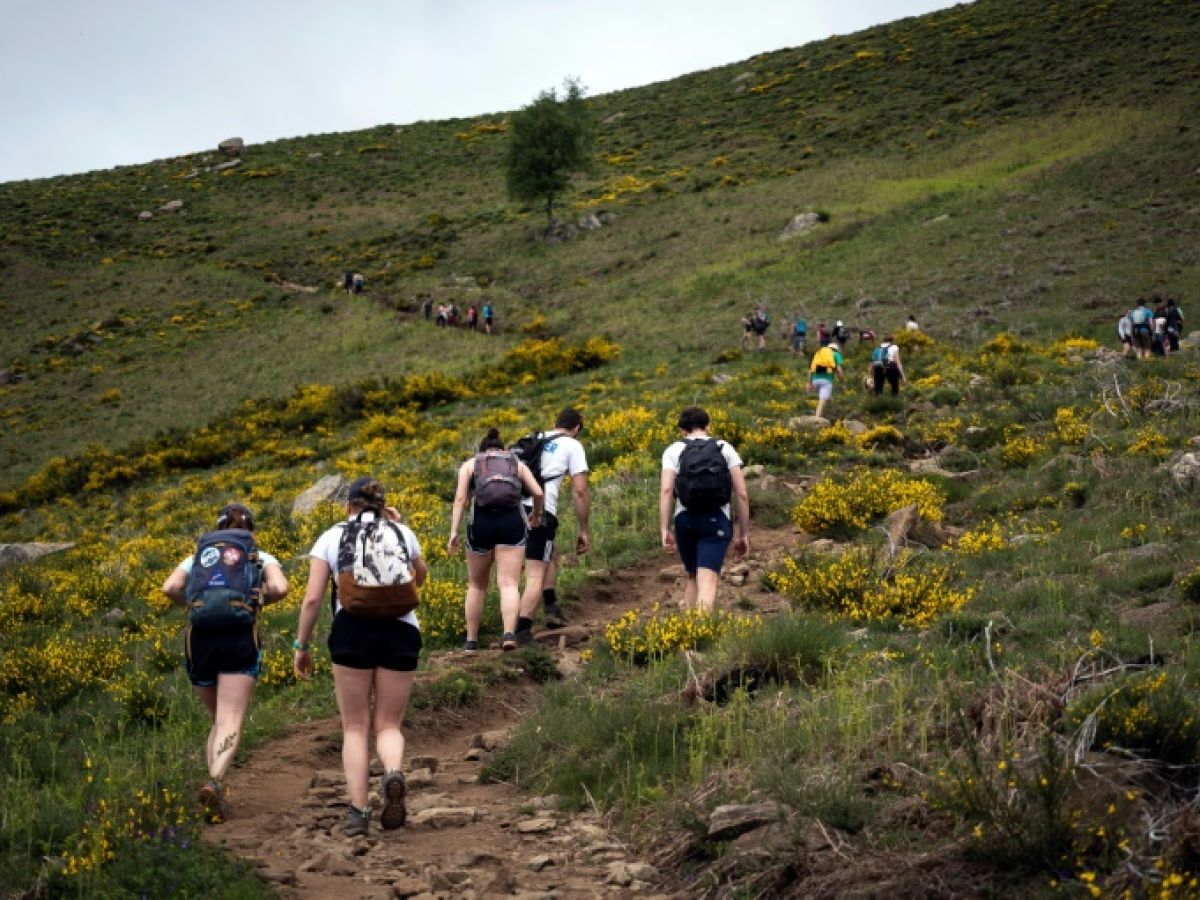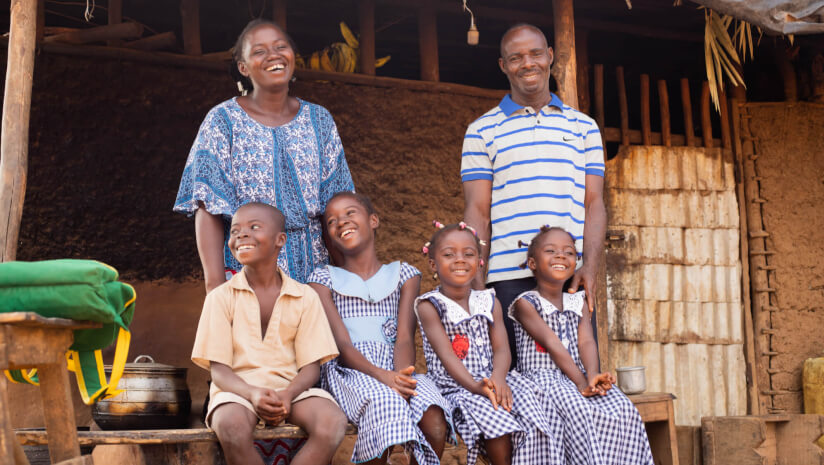Coastal walking with feet in the water, Nordic walking with poles, classic forest walks or backpacking: for several years, walking and hiking have been driving the physical activity of the French, with more women hiking on the move.
What could be simpler than walking? Study after study and even more so after the lockdowns of the Covid-19 crisis, walking and hiking are appealing. According to the 2020 national survey on physical and sporting practices conducted by the National Institute of Youth and Popular Education (INJEP), around 25 million French people do it regularly.
"It doesn't require a significant investment when you start, you hike around your home, there are no contraindications," Brigitte Soulary, president of the French Hiking Federation, which has some 250,000 members, explained to AFP.
New practices have appeared, such as "longe cote", aquatic walking where the water rises up to the waist or even the chest and which even has a French championship, "rando caching", a mixture of hiking and treasure hunting, or even "Afghan walking", where breathing is coordinated with the rhythm of the steps.
– Count your steps –
But the practice is much more widespread, because many people walk or hike without being registered with any club.
In Marseille, Lyon and the Ile-de-France region, "online hiking" is developing: you get off at one station and leave from another, which you reach on foot.
The health benefits of walking also play a role in this success, in the era of apps that count steps.
And, something new, a few more women are taking part in hiking trips, which are usually more frequented by men.
Chloe Chaudemanche is currently writing her anthropology thesis on the effects of gender on the practice of hiking, solo or in groups. "From my observations," she told AFP, "I have the impression that there are more and more of them, especially young women, especially solo or in pairs. There are also a few groups of women."
"Physically, a woman can walk like a man, so it's really social facts, gendered socializations that make women question their ability" to hike, she explains. The researcher, also a hiker, also points out "the absence of role models, of inspirational figures, of women hiking."
She notes that it took time before equipment was adapted to women's bodies, such as backpacks, for example. As part of her thesis at Lyon 1 University, she is also interested in managing periods while hiking.
She also noted that some sports brands have invested in the field, also launching exclusively female hiking groups. The brand allows them to test shoes and wants to win customers.
– “Aren’t you afraid?” –
A mountain guide in the Basque Country, Caroline Aphessetche created Lilika in 2020 with the aim that "every woman feels legitimate in going hiking, whatever their level", she explains to AFP.
"Many people don't know how to find their way and want to do other routes than those they use around their homes," she explains. She doesn't close the door to men. "A man told me: 'I'm happy when I come with you because I have the right to be bad here'," she confides, also considering that women "are really good in the mountains."
A lecturer and researcher at Lyon 1 University, Eric Boutroy is currently working on “ultra-light walking” which involves minimizing one’s load.
For women's solo practice, particularly when they bivouac, he notes the existence of "barriers to the appropriation of these activity modes". "+You hike alone, but aren't you afraid+?", the question is often the same. "In sociology, this is called a reminder to order", he explains. As soon as we "technicize" - which includes orientation or cartography skills - or increase the number of nights spent outside, there are these barriers for women.
However, he notes that "there are more women today who are doing more complicated and more committed things than before."


